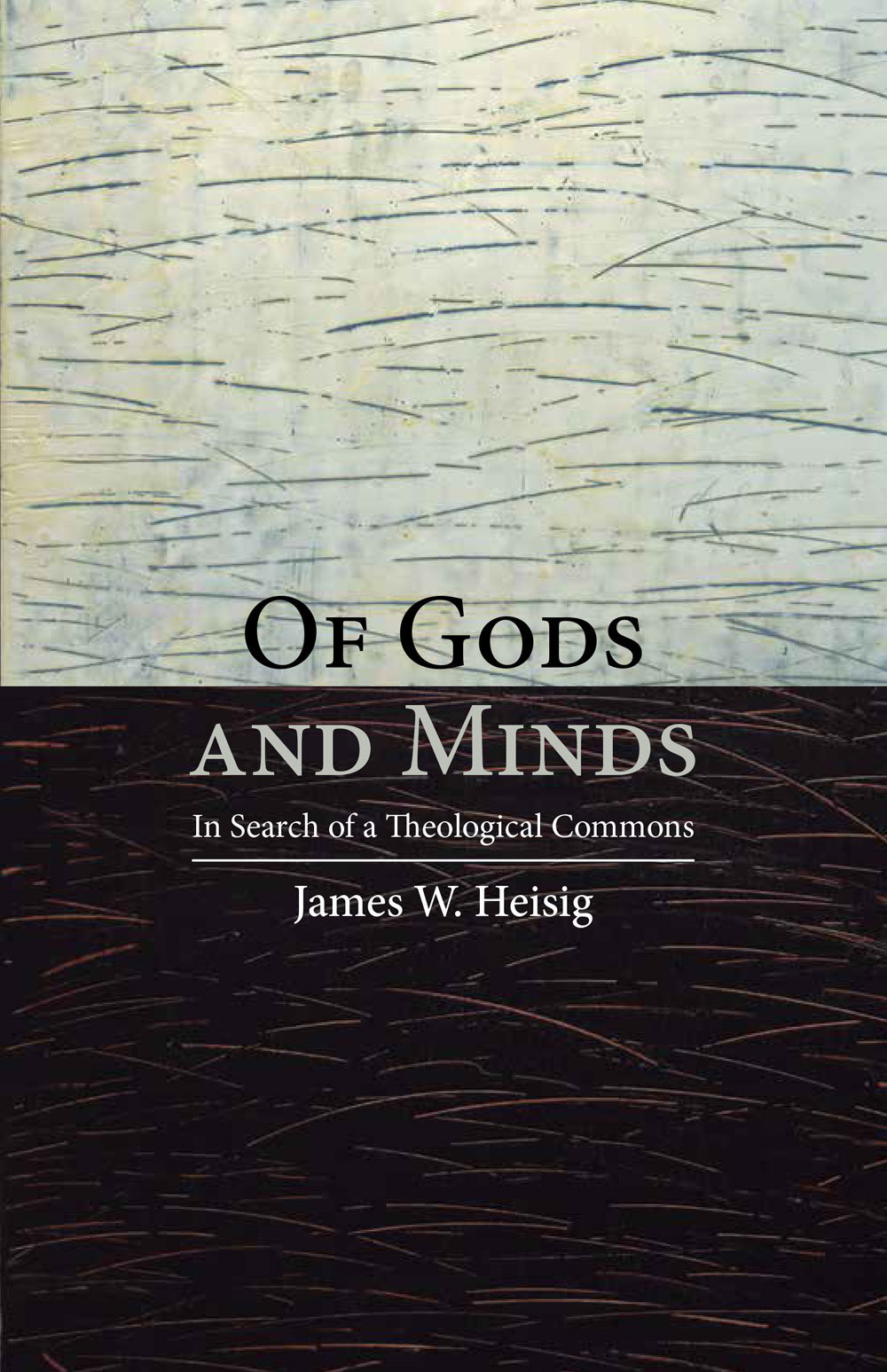
Of Gods and Minds
James W. Heisig
Of Gods and Minds
In Search of a Theological Commons
The five lectures that make up this book were delivered at Boston College in 2019 as the Duffy Lectures in Global Christianity. In them the author begins from the assumption that if the Christian God is to have global significance, it will not merely be a matter of Christianity accepting cultural and religious diversity and retreating from its mission of converting the entire world to its own way of thinking about God. The conversion to tolerance and hospitality towards other modes of belief and practice marks a watershed for Christianity, but only as a transition to straighten out its past in the face of a graver, commoner concern: the care of an earth abused by human civilization and devalued by organized religion. The author approaches this question from a broader consideration of the origins and functions of gods in minds and from there suggests grounding metaphors of the divine and its relationship to the natural world in a nothingness beyond being and becoming.
Available from Amazon US, UK, JP, &c. Also available in e-book format for Apple and Kindle.
“Without a doubt, Heisig has written a tour de force, demonstrating a remarkable understanding of both Western and Eastern philosophy. This book is erudite, profound, and may go down as a classic in philosophical theology. This book is very well written and many of his sentences are aphoristic. Some of them take my breath away.” —Richard Penaskovic
“A guiding thread is the idea that accounts of the birth and death of the gods, the rise and fall of religions, must first of all be read as mirroring the odyssey of the human spirit. Yet our prolific invention of gods attests not only a mystical creativity but also a receptive capacity that is ‘waiting to hum harmonic at the faintest note struck by those higher powers.’ These brooding pages felt like a dark Mark Rothko painting. Look long enough into its depths and mystic shapes begin to shimmer. The play of queries and enigmatic affirmations built up a muted testimony to the presence of the divine.” —Joseph S. O’Leary
“Heisig addresses the kind of reality that encompasses the fundamental human desire, its eternally deferred object in gods, and the earth that connects them. His tentative meontology (from the Greek me on, non-being) offers a novel adaptation of the Buddhism and Japanese Kyoto-School philosophy that have deeply informed his thinking for some 40 years.” —John C. Maraldo
